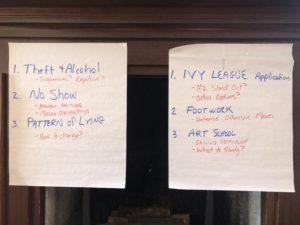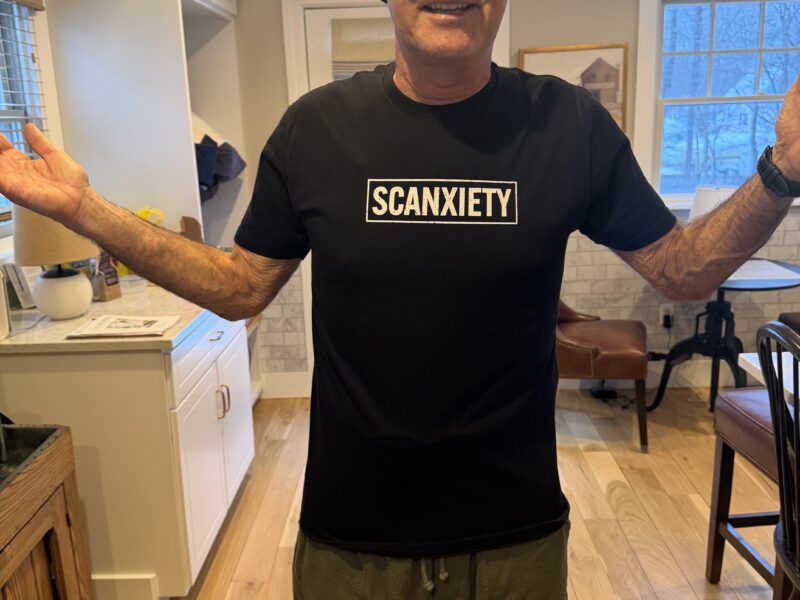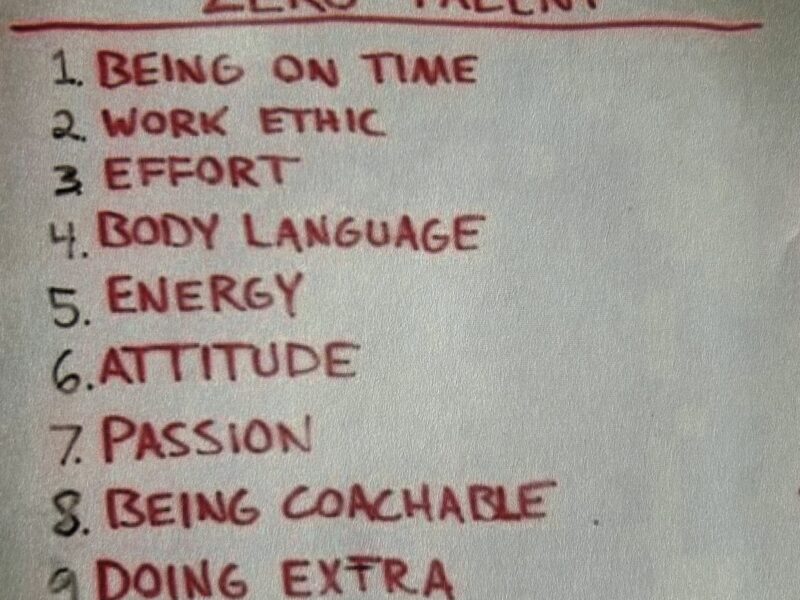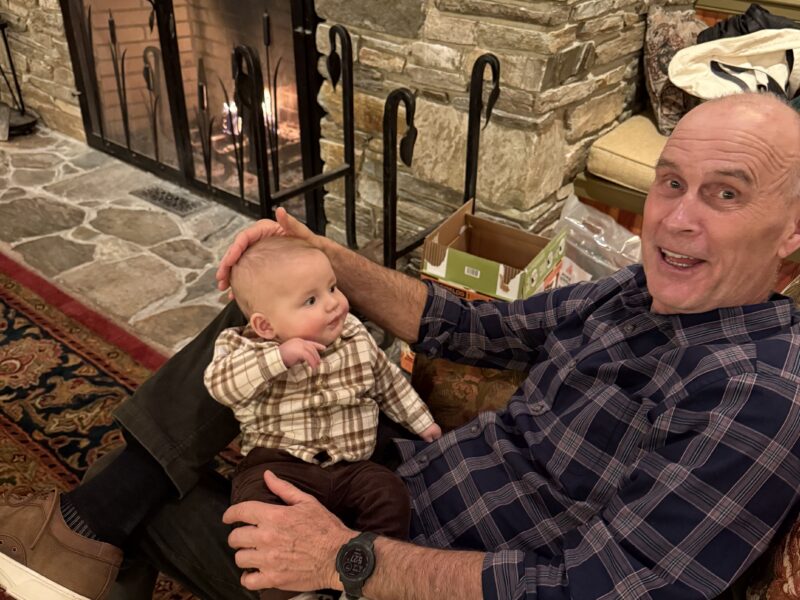I began my part of last night’s wrap-up-the-semester school meeting by posting these two lists on the Mansion wall.

If you cannot read my handwriting, the one on the left reads (with fine red print in parentheses):
- Theft & Alcohol (Suspension? Expulsion?)
- No Show (Broken Promises… Missed Obligations)
- Pattern of Lying (How to change?)
The one on the right reads:
- Ivy League Application (H2 stand out?…Other options?)
- Footwork (Defense… Offensive Moves)
- Art School (Gaining Admission… What to study?)
I then noted that the two lists reflect six separate conversations I had with six students during the past 10 days. I posed the idea that these six conversations fall into one of two categories that I would explain after a brief summary of each conversation. Launching ahead, I had spoken with a student who had…
- Stolen (and consumed) alcohol from a local store. He expressed remorse I took to be genuine for his indiscretion. We discussed the idea fact that he faced possible suspension or expulsion as consequences for his actions.
- Just been deferred for Early Decision admission to an Ivy League school. We explored ways she might enhance her candidacy and other schools to which she might consider applying.
- Gotten into hot water due to a chronic pattern of missing the most basic of expectations: classes, sports practices, school meetings, etc. We discussed ways to reverse this pattern of broken promises and the resulting reputation he had amassed as undependable.
- Asked me for advice on how to improve her footwork on the basketball court. Aspiring to secure a college scholarship — she has already received verbal D1 offers — she wants to improve both her defensive agility and offensive moves.
- Developed a pattern of lying routinely about everything from actions to whereabouts. As we discussed possible remedies, he doubted his capacity to become a more honest person.
- Just been admitted to an internationally respected and highly selective art school. Hoping to gain clues that might help future art school aspirants, I was curious as to her take on how she had gained admission. We also discussed her intended focus once she enrolls.
While I did not mention any names, the vast majority of the students quickly discerned the identity of these six. (Hey, Hyde kids know each other!) Sticking with anonymity, I asked, “What’s up with the two different lists? What categories of conversation do they represent?”
Kids started raising their hands. One offered, “Unpleasant vs. Pleasant?” (Me in response: “Just to be clear, while I know what you mean, I found none of these conversations unpleasant.”) Another: “Off-Track vs. On-Track?” Another: “Problems vs. Excellence?”
Short on time, I took the unlikely step of laying some physics on them. (Full Disclosure: I double-majored in history and government in college.) I asked them if they had ever heard of kinetic energy. Maybe a few hands went up. I asked the same question about its opposite, potential energy. (The very fact that it is called that fits the work of the Hyde teacher like a glove!) I then threw out a few common examples. A girl holding a ball represents potential energy. When she drops it, it becomes kinetic energy.
A boy flexing a bow represents potential. When he lets the arrow go it becomes kinetic.
A roller coaster at its initial high point is potential.
A few seconds later, it is kinetic. (See photo above.)
I then asked, “So tell me students, are your conversations with faculty these days potential or kinetic?” Metaphorically mirroring the dynamic I was trying to explain, a number of expressions went from blank puzzlement (potential?) to newfound recognition (kinetic?) Some even smiled.
I then challenged them to move their conversations to the kinetic realm. Throwing a stick of dynamite into the mix, I went a step further with the seniors: “If your conversations are mired in potential mode at this, the midpoint of the school year, then both history and reason would suggest that a June graduation speech may well be in jeopardy. A senior who is at Motions (to say nothing of Off-Track) in December may well have time to turn things around, but make no mistake about it, that will not happen without a turn-around. And that turn-around will not happen without some serious kinetic energy.”
I continued, “Is this a warning from me to you?… Yes it is. And it is intentionally a public one for all to hear. (And I urged them to share this with their parents before they read it on this blog post!) Much better to face some consternation on December 18 than on the morning of May 30 (i.e., graduation).”
However, one need not be a senior to engage in Kinetic Konversation. It is as simple as setting a goal and talking about an action plan with peers and faculty. Not only can anyone do that, it is much more exciting than sitting around and pondering potential. Hey, those folks in that top photo are proof of that.
Onward, Malcolm Gauld


